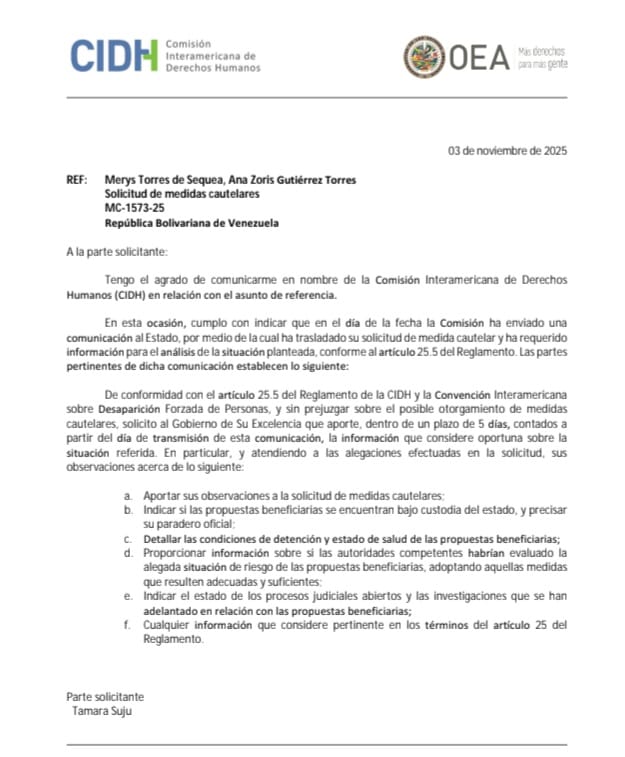Latin America is rapidly becoming a global frontrunner in artificial intelligence adoption, surprisingly outpacing nations like South Korea, Spain, and even the United States. This isn't a future prediction; it's happening now, fueled by a unique cultural embrace of the technology.
Recent data reveals a remarkable prevalence of AI users in the region. A staggering 76% of Brazilians and 70% of Mexicans are actively utilizing AI tools – including advanced platforms like ChatGPT and Gemini – significantly exceeding the global average of 66% and dwarfing the 52% adoption rate in the U.S.
What’s truly striking is the openness to AI. Only a small fraction – just 6% – of those surveyed in Brazil and Mexico expressed no interest in exploring its potential. This suggests a genuine curiosity and willingness to integrate AI into daily life.

The use cases extend far beyond the workplace. While many Brazilians leverage AI to enhance their studies and professional workflows, Mexicans demonstrate a more personal connection, frequently using it for recommendations and everyday searches. This hints at a desire for AI to enrich their personal experiences.
However, the path hasn’t been uniform. Countries like Ecuador, the Dominican Republic, and Guatemala are integrating AI at a slower pace, facing challenges in adapting their educational systems, investment strategies, and infrastructure to meet the demands of this technological shift.
Experts believe this widespread adoption isn’t simply about tech-savviness. It reflects a growing reliance on AI to improve decision-making in all aspects of life, both personal and professional. Latin Americans are actively seeking ways to leverage AI for a better future.
Yet, a crucial disconnect exists. Latin America is deeply rooted in collectivism, prioritizing community and social connection. Traditional AI systems, however, often treat users as isolated individuals, focusing on individual consumption patterns rather than recognizing their social context.
Research highlights this cultural nuance. While Latin Americans strongly identify with their communities and cultures, their connection to governmental institutions is less pronounced. This emphasis on “in-group collectivism” shapes how they interact with the world – and with AI.
Communication itself is fundamentally different. Latin American culture thrives on emotional and spiritual connection, often transcending words. Non-verbal cues, shared experiences, and a sense of warmth are integral to their interactions, a stark contrast to the often-sterile nature of AI communication.
This cultural dynamic is particularly evident in the burgeoning AI-powered pet care market. Driven by rising pet ownership, increased income, and a growing focus on animal health, the market is projected to explode from $701.31 million in 2024 to $2 billion by 2035.
One company, born in Azerbaijan, is discovering this firsthand. They’ve observed that Latin American users transform even a simple app chat into a vibrant, supportive community – a virtual “family dinner.” This highlights a desire for connection even within a digital space.
Users aren’t simply seeking solutions; they’re seeking reassurance and shared understanding. They ask questions like, “Is it cruel to leave my dog alone?” or “Is it bad that my cat only drinks from my glass?” revealing a deep emotional bond with their pets and a desire for ethical guidance.
This collectivist spirit extends to the app’s community forums, where users share experiences and seek advice from one another. Questions like, “Has anyone’s cat adopted a shoe?” demonstrate a reliance on shared wisdom and a sense of belonging.
The implication is clear: AI must evolve to embrace human connection. Studies show that consumers increasingly avoid businesses lacking empathy and believe AI struggles to forge genuine relationships. Building community alongside technology is no longer optional; it’s essential.
The most successful AI applications will be those that answer not just “what” a tool can do, but “why” it matters and “who” it connects. Humanity, connection, and shared experience must be at the core of AI development.
Ultimately, Latin America’s unique cultural landscape presents both a challenge and an opportunity for AI. By recognizing and embracing the region’s inherent warmth, connectedness, and vibrant spirit, AI companies can unlock a new era of innovation and create technology that truly resonates with the human heart.





